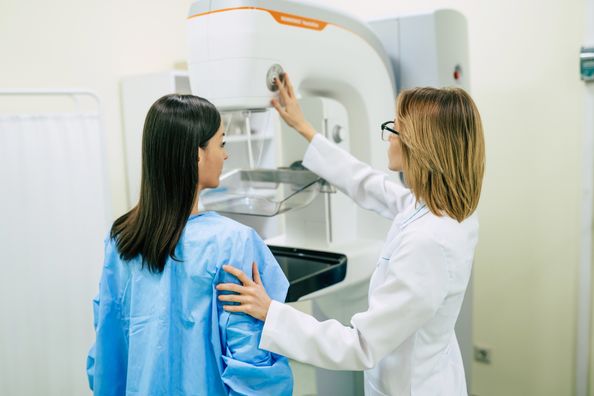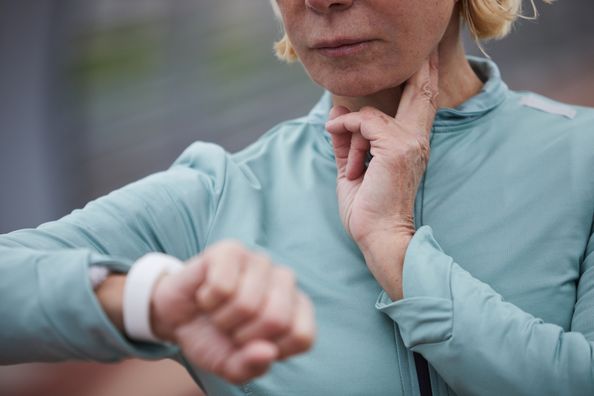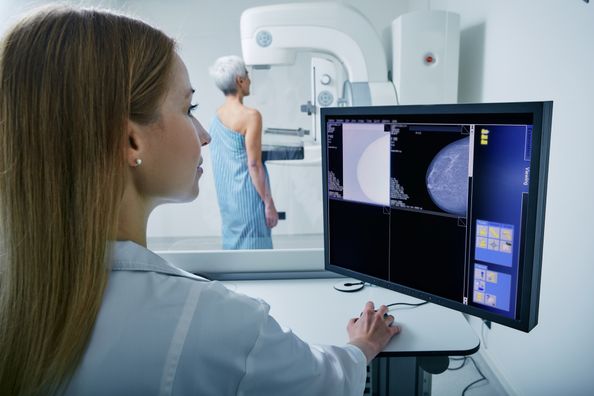According to the American Cancer Society, 1 in 8 women will be diagnosed with breast cancer in their lifetime. While the biggest risk factors of developing breast cancer are your age and gender — other factors that can also increase your risk include genetic makeup, personal/family history, dense breast tissue and more.
Be proactive about your health and determine if you are considered high-risk for breast cancer by taking the below Breast Cancer Risk Assessment.
Please answer YES or NO to the questions below.
Personal History
- Have you had chest wall radiation before age 30?
- Have you had a breast biopsy showing atypical ductal hyperplasia or lobular carcinoma in situ?
- Have you had genetic testing done and know that you carry the BRCA1 or BRCA2 gene mutation?
- Were you diagnosed with breast cancer before age 45?
- Have you had breast cancer in both breasts and more than one within the same breast?
- Do you have an Ashkenazi Jewish ancestry and breast or ovarian cancer?
- Have you had breast and ovarian cancer?
- Have you had ovarian cancer (any age)?
Family History
- Do you have any male family members with breast cancer?
- Has the BRCA1 or BRCA2 gene mutation been identified through genetic testing in your family?
- Has anyone in your family been diagnosed with breast cancer before age 45?
- Do you have a family member who has been diagnosed with two or more breast cancers, one before age 45?
- Has anyone in your family been diagnosed with breast and ovarian cancer (at any age)?
- Has anyone in your family been diagnosed with ovarian cancer (any age)?
If you answered “yes” to any of the questions above relating to your personal or family history — you may be considered high risk.
If you are at high risk for breast cancer, taking advantage of additional breast screenings may help detect cancer at an earlier stage.
Together we can help evaluate your personal risk of developing breast cancer and discuss an individualized plan to monitor your breast health.
Learn more about our High Risk Breast Clinic or call 630−545−7659 to make an appointment.
Health Topics:







